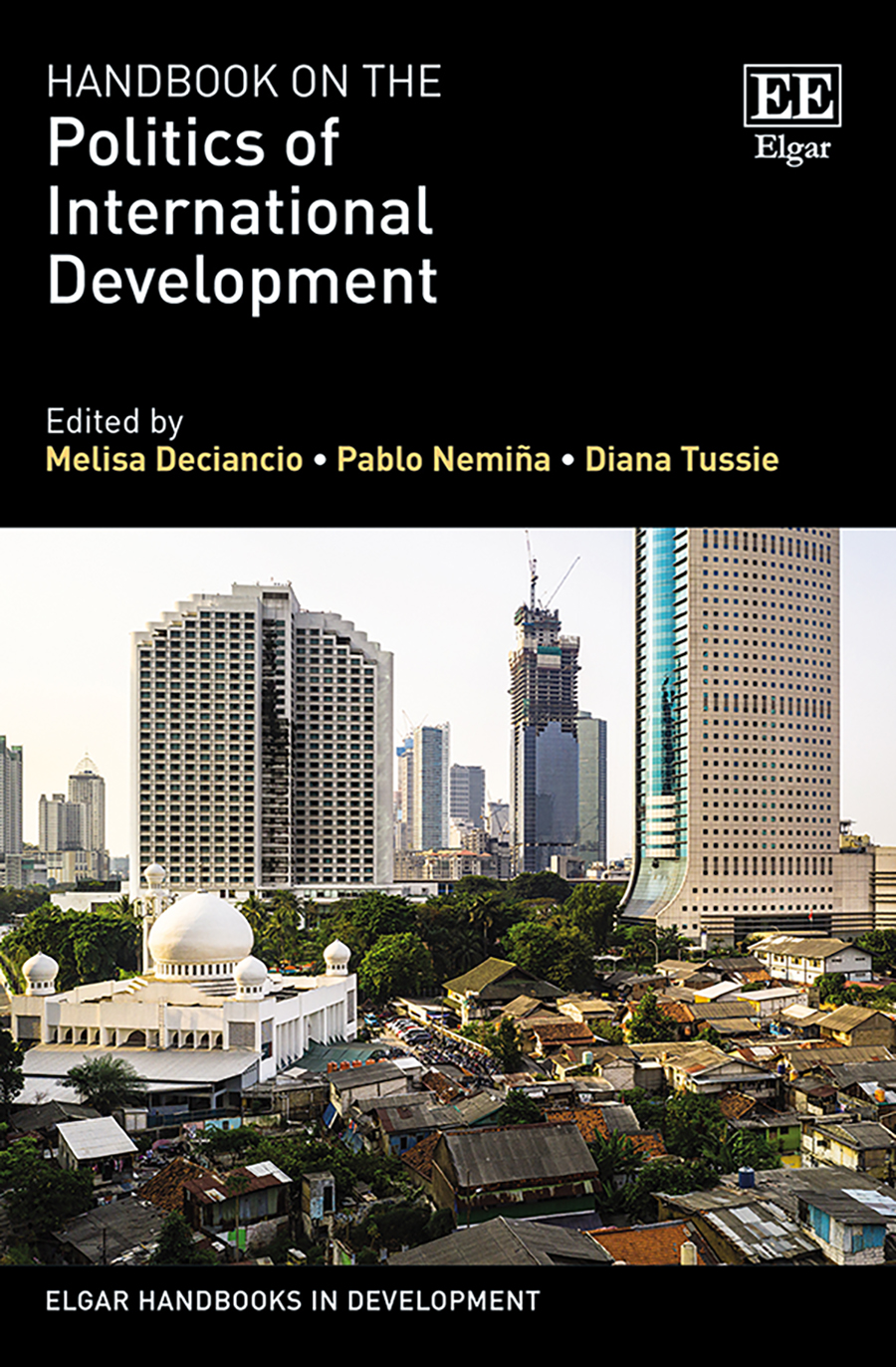Developments across the millennia suggest that, even though democracies and free market economies are continuously challenged by crises and disturbances, such as natural disasters, wars, or technological revolutions, in the countries where they take roots civil liberties deepen and per capita prosperity increases. To substantiate this claim analytically, the authors emphasize the principles that make free markets a sine qua non condition for democracy and study the nature of the relationship between free market institutions and economic growth. By examining the operating principles, outcomes and challenges experienced by contemporary democracies, many lessons are drawn with regard to how governments should act in order to avoid the pitfalls inherently associated with representative democracy. To illustrate the dangers of deviating from these principles, the authors apply their findings to the Greek democracy and economy since the Second World War.












